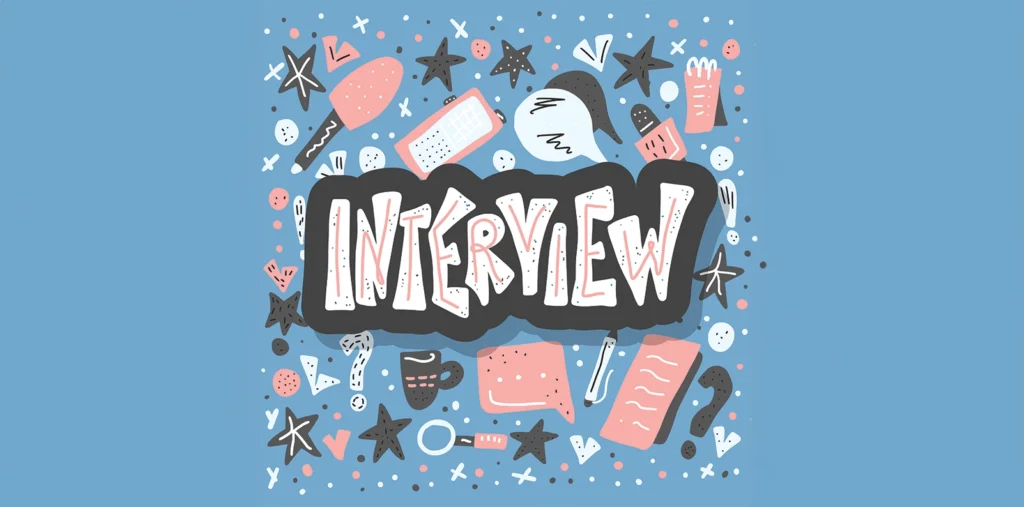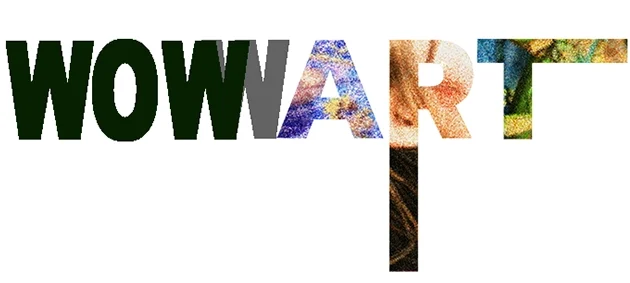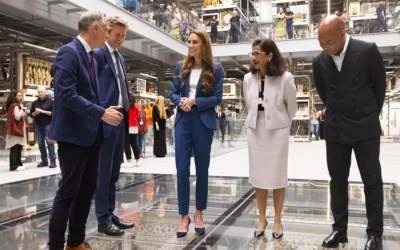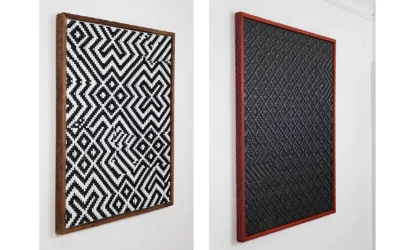Rethinking Pop Culture: Matt Gondek on Art, Icons, and Anarchy
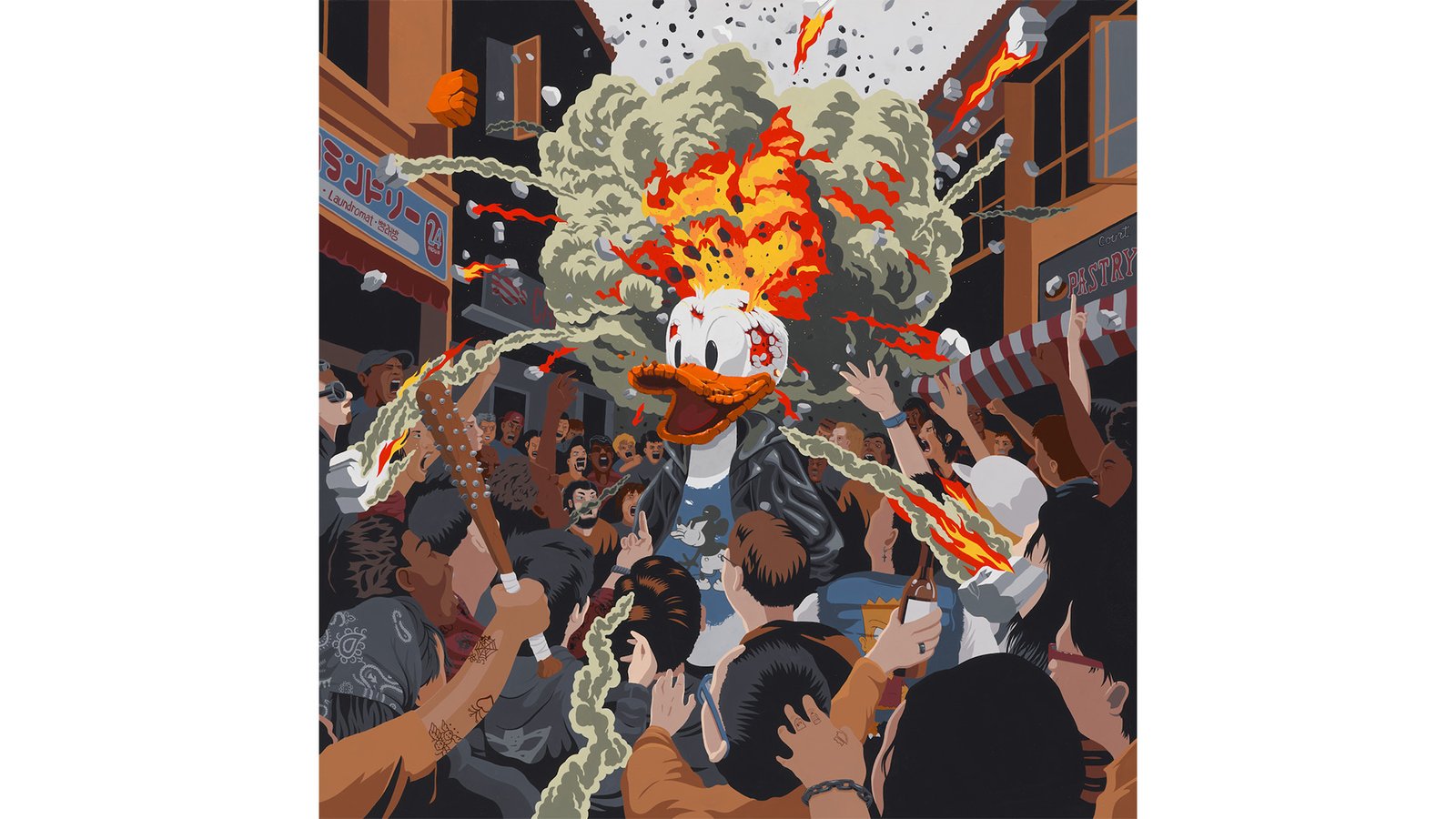
The artist reveals his DIY journey and punk rock influences
Matt Gondek’s art merges vibrant colours with deconstructed icons, embodying rebellion and critique. In this interview, he discusses punk roots, art business challenges, and balancing approachability with dark themes of anarchy and pessimism.
Matt Gondek, an innovator in Deconstructive Pop Art, has established himself as a defining voice in contemporary art, reshaping the way we interpret icons of pop culture. Known for his audacious style and unapologetic dismantling of familiar cartoon heroes, Gondek’s work pairs a vivid, punchy colour palette with a punk ethos that celebrates rebellion and critiques the allure of mainstream idols. His art, a fusion of high-energy destruction and nostalgia, is both a tribute and a deconstruction of modern mythologies, challenging viewers to reconsider the value we place on cultural icons. Gondek’s pieces have captivated audiences worldwide, leading to sold-out exhibitions in cultural hubs like Los Angeles, New York, Paris, and beyond.
In this interview, Gondek opens up about his DIY beginnings, the inspirations drawn from childhood heroes, and his unapologetic approach to the art business. Gondek reveals what it means to be a self-made artist in a world of gatekeepers, explaining how he balances the practicalities of the art industry with a raw, unfiltered creative voice.
How do you define “Deconstructive Pop Art,” and what elements do you believe are essential to this style in your work?
I spent a lot of time in punk bands, and I learned about DIY ethics. I’ve always leaned that way – I question authority and tear down hierarchy, so that’s where the deconstruction part comes from. The icons come from my childhood heroes like Mickey Mouse and Bart Simpson. I tear down these icons through my work, so that’s deconstructive pop art.
Can you share the inspiration behind your unique approach to deconstructing cartoon icons and pop culture figures?
There have been a few. Andy Warhol, who’s from Pittsburgh, like me. He didn’t influence me in the sense that our styles are the same, but he influenced me in terms of the networking and business side of the artwork and his business acumen.
Also, Roy Lichtenstein and his Ben-Day dots were a key influence. Lichtenstein is my favourite artist, and I like how he took comic books and cartoons and turned them into fine art using the same printing methods – it’s fascinating.
Your work features a vibrant colour palette and playful tone. How do these choices reflect your message or critique of societal norms?
I use bright and poppy colours because it makes the work more approachable and digestible. By painting things bright and fun, I’m able to reach a wider audience while still dealing with things like pessimism, addiction, anarchy, etc.
What role does your punk rock spirit play in your artistic process and the themes you explore in your work?
The biggest takeaway from punk rock is the Do-It-Yourself mentality. When I began as an artist I put on my own shows, made my own clothes and prints, etc. Now, the anti-authority and self betterment side of Punk comes through more in the work.
As a self-taught artist, what challenges have you faced in developing your voice, and how have you overcome them?
The higher up the ladder you go in the art world, the more doors are in your way – and it really is all about who you know.
The biggest challenge I faced starting out was that I didn’t know anyone.
Through your podcast, Clean Break, you discuss the business aspects of creativity. How do you balance the commercial side of art with your artistic integrity?
I don’t balance them – because I’ve always been of the mindset that I make artwork to sustain myself. I think most artists WANT to quit their jobs and solely support themselves off of their art, but they don’t know how – or are to afraid to make the changes to do it. That’s what the podcast is about – how to make those changes.
EDITOR’S HIGHLIGHTS
Empowering Art & Artists Globally
“Being featured in WOWwART means gaining visibility not just in print edition, but across the entire media spectrum in the US, UK, Europe and beyond”
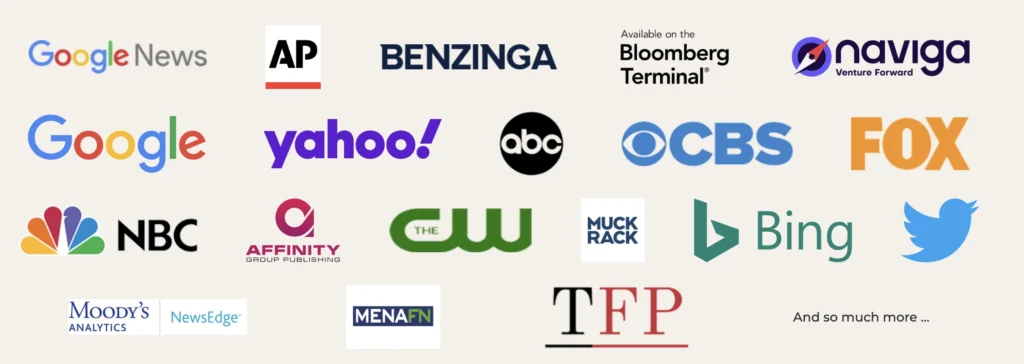
EDITOR’S HIGHLIGHTS
Media, Art and Artist
Media is a powerful tool to build relationships, boost visibility, influence decisions, and create lasting impressions for success and growth.
